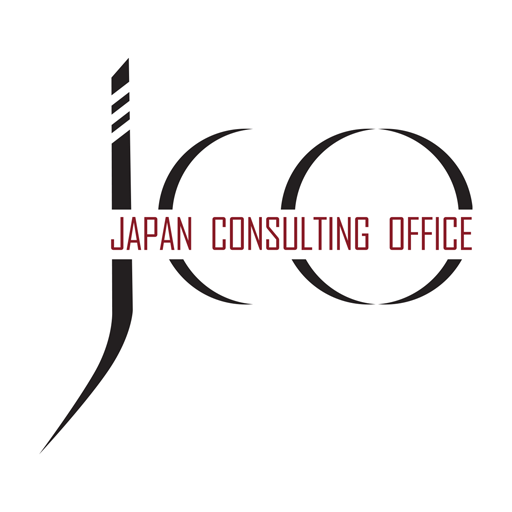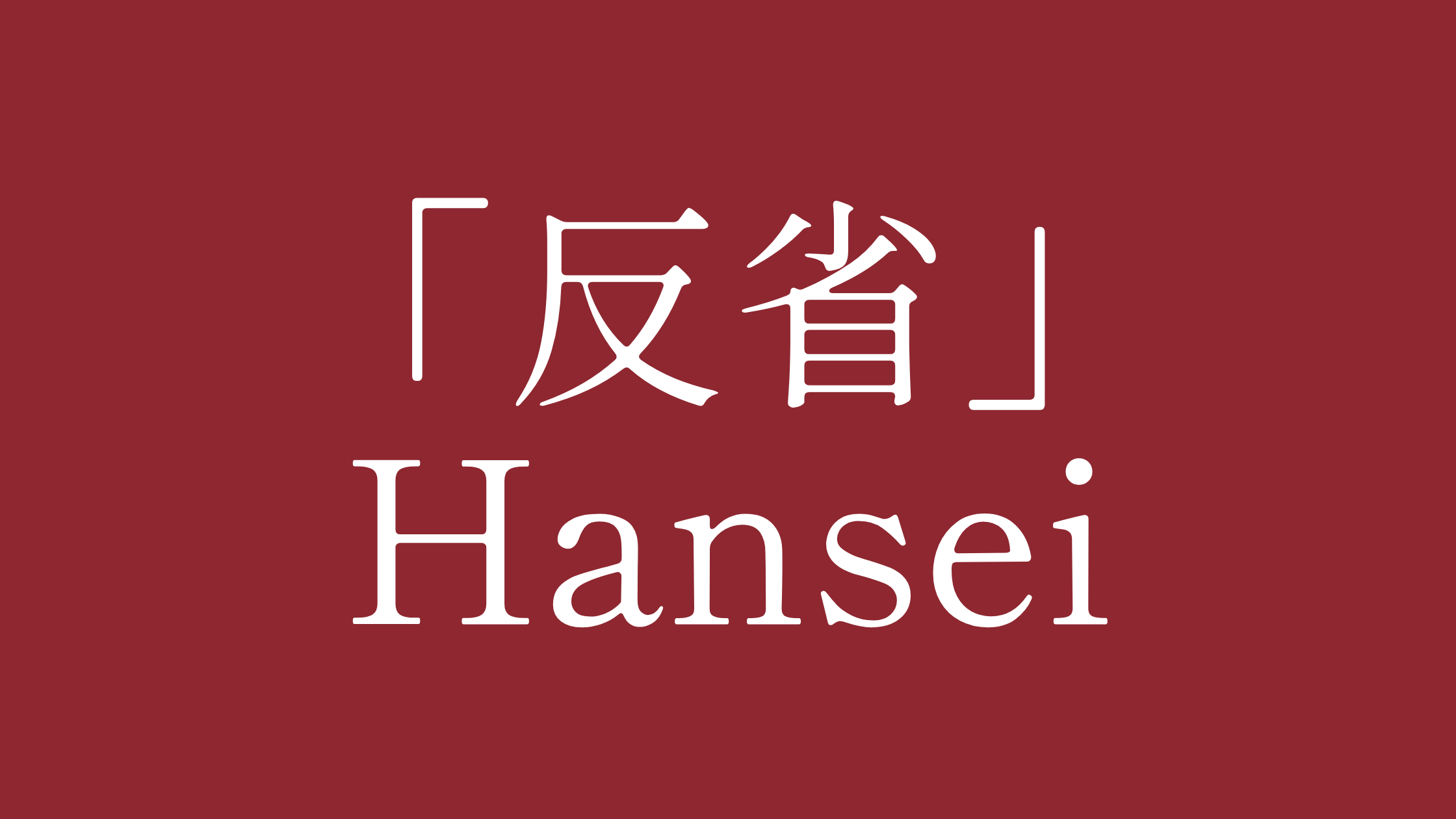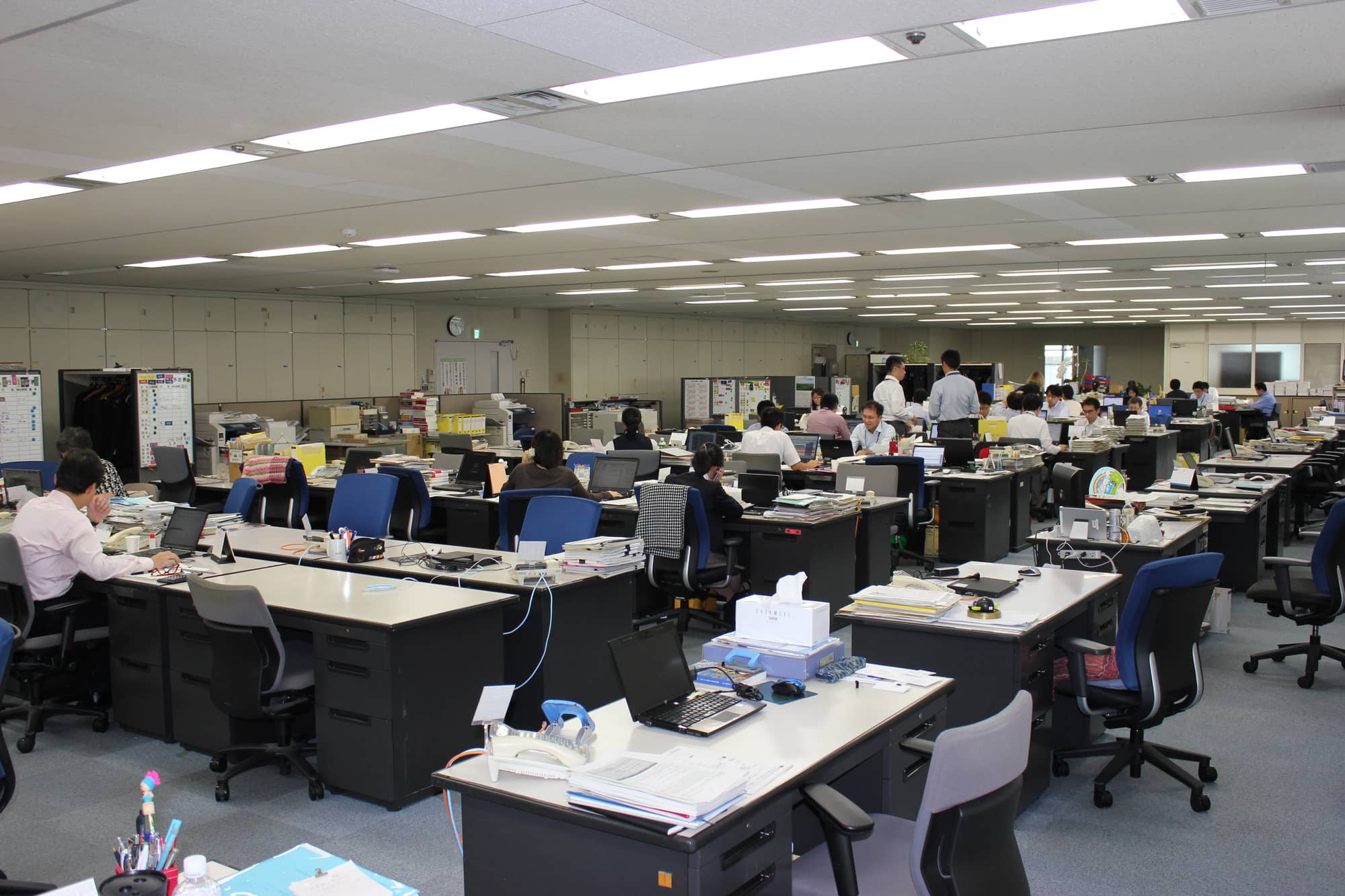
Business Culture vs. individuals preferences
We are often asked how we can avoid "generalization" or attaching "labels" while we teach.
This is a valid point as any cultural description of a (business) culture can only highlight broader tendencies rather than capture the full variety of individual behaviour.
Individual team members may navigate and interpret culture differently, but in Japan's corporate context – particularly at headquarters level – the company’s organisational culture exerts a strong influence on how things have to be done, often overriding individual preferences.
Unlike in private life, where individuals in any culture usually have more freedom to follow personal likes and dislikes, employees in Japanese companies are expected to adapt to shared norms and practices to a much greater degree than in other business cultures.
This is especially evident at Japanese headquarters, where conforming to company culture plays a decisive role in shaping daily work, reporting, meeting styles and decision-making, to name just a few aspects.
Progressive industry = progressive organisation?
Interestingly enough this is not limited to traditional corporations in Japan but can also be seen in companies that operate in very modern business fields like V-logging on Youtube.
V-logging refers to "virtual avatars" through which real entertainers and influencers are performing.
Even here, Japanese topics such as "how much sacrifice and perseverance on an individual level is needed/expected at work" are still being handled in a very traditional way. In short, a progressive industry may not always entail a progressive organisation and structure.
Drastic changes in recent years:
That being said, Japanese business culture has undergone rapid change in recent years, a trend only accelerated by the pandemic.
For one, the preferences of individual staff members have gained much more weight, particularly in light of a shrinking workforce and a younger generation more open to changing jobs.
This shift, however, varies significantly across industries and individual organisations.
Below you will find articles that describe different aspects of a newly emerging “Japanese way 2.0.” Some things are changing, while others remain constant even among younger, more individualistic generations.
This will help you assess the extent to which more modern expectations in Japanese society are reflected in your company’s corporate culture—both official and unofficial.
- The new “work from home” trend in Japan
- Salary(wo)men vs. 4.0: Trends on Japan’s labor market
- The rejuvenation of Japanese business culture (part 1-4)
- 2025 Update: The Role of Women in the Japanese Business World!
- The changing Japanese attitude towards Gaman (= enduring hardship with dignity)
- The Education System in Japan





